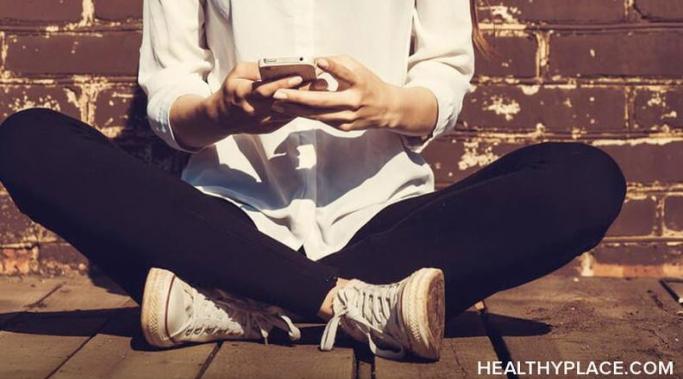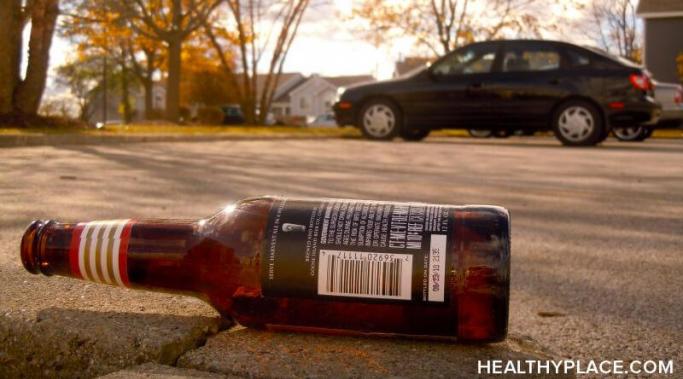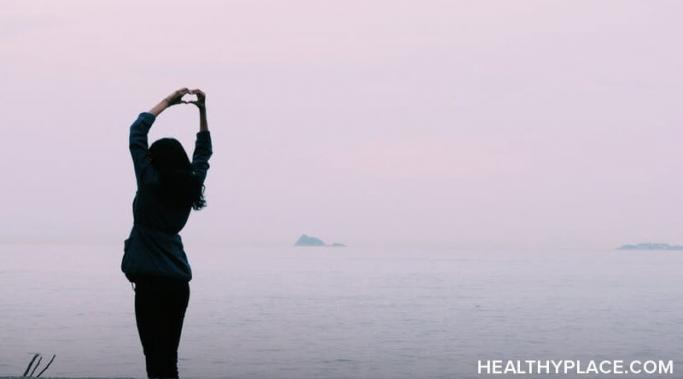Blogs
This year, as I stared at the candles on my birthday cake, I could not take my eyes off of the second digit that said I was getting older—seven. Wow, I thought. Twenty-seven. What Should I Have Done Already?. It amazes me how fast one birthday turns into the next. Twenty is so far away, and 30 is right around the corner.I'm getting old and I'm not where I thought I'd be.
Addiction recovery apps are some of the newest mental health apps that could help you in recovery. Today, there are more and more mobile applications for those in addiction recovery that are designed to address a number of needs. I’ve tried many of them over the years, found some of them to be really helpful, and I’ve continued to use a handful of them. I thought that I would share some of the addiction recovery apps that I think you should try.
A lot of people with schizophrenia, schizoaffective disorder, and other mental illnesses complain that they don’t like to shower when they're sick. I don’t either—I prefer baths. In my humble opinion, a good hot bath is so much better than a shower, whether or not you have schizophrenia or schizoaffective disorder. Here’s why.
Anxious thoughts act like a broken record. An anxious thought will start to play in the mind, and once it does, that obsessive thought plays over and over and over again. Listening to our anxious thoughts nonstop can make them grow ever bigger and stronger, and we come to believe them. Our worries feel real when anxiety is a broken record. When this happens, it's time to change our tune.
Since making lifestyle changes for my depression, I find that moderation helped create a turning point for me in my ability to cope with my depression. Lifestyle changes that encourage moderation help me manage the ups and downs that depression throws at me. To moderate something is to make it less intense or extreme, which means that I try to balance my lifestyle in a way that averages out the good and bad bits of my experience. While everyone's life requires different sorts of balance, there are a few things that lifestyles encouraging moderation for depression really should embrace.
One of the hardest parts of my work as a writer is not necessarily self-discipline or being inspired, but rather finding ways to use my creativity while depression zaps my motivation. Over time, depression feels as if it is sucking the creativity out of me, and being creative with depression coping becomes a work of art on its own.
Friends, change is necessary so I am moving on from my stint as an author of the Living a Blissful Life blog. For the last year, I focused on sharing my experiences with you, hoping to provide helpful and positive steps you can take to live a more blissful life. But it’s time for me to move on; this change is necessary for my personal growth.
Recognizing powerlessness over addiction is the first step to freedom--both literally and in literature. It's recognizing your powerlessness that is the tricky part. So here are some ways to know if you are powerless over your addiction.
I lived with posttraumatic stress disorder (PTSD) for almost 22 years before I received treatment for posttraumatic stress disorder. After five years of therapy, I healed enough to consider myself living in PTSD recovery. However, I still have symptoms that require maintenance, depression being the most notable. No magic formula exists to cure PTSD, but I have coping skills to manage my symptoms. Let's look at the reality of living in PTSD recovery, and the myth of being cured.









